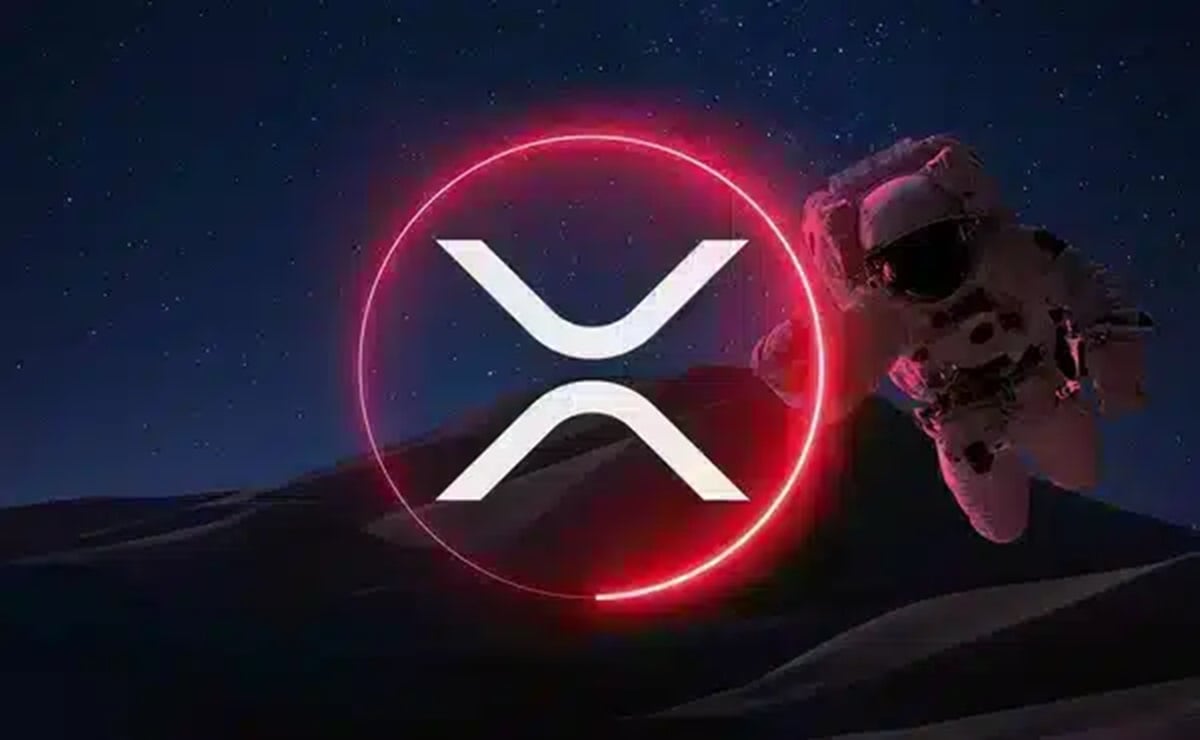- RippleX announces an update of the much anticipated XLS-40 amendment that is expected to integrate DID based on W3C on XRPL.
- The report discloses that a minor issue has been discovered in the XLS-40 decentralized identity spec.
The prospect of the recently proposed XLS-40 feature got the blockchain community abuzz as it levels the ground for the integration of digital identity into the XRP Ledger. According to the official release by Sologenic, a tokenization platform built on the XRP Ledger, the XLS-40 amendment would see the integration of native support for Decentralized Identifiers (DIDs) based on World Wide Web Consortium (W3C) standards on XRP Ledger (XRPL).
According to an earlier report by Crypto News Flash, this update together with XLS-38 Cross-Chain Bridge would mark the launch of Ripple 2.0.
A few months after this groundbreaking initiative was comprehensively reported, the development arm of Ripple Labs, RippleX, has come up with an interesting update, stating that a minor case has been found in the XLS-40 decentralized identity spec that is designed to enable users to create empty DID objects.
The technical team has in swift response proposed a fix to this, and is currently under review. According to a Tweet from RippleX, validators are yet to cast a vote for the amendment. On this, it was mentioned that though the bug appears minor, a fixed amendment has to be made available before the vote commences.
The report explains that an empty DID object is equivalent to having no DID object at all. Fortunately, this can be fixed with the “AddthefixEmptyDID” amendment. This is also expected to be part of the next core XRPL software release, rippled version 2.2.0.
More on the DID integration on XRPL
As explained by the team, the DID set to be introduced is meant to offer solutions to challenges linked with centralized identifiers such as emails and usernames.
Unlike traditional identifiers, DIDs provide a globally unique string of letters and numbers, functioning as an independent and blockchain-based identifying address. This ensures ownership and control of data, reducing the risk of data breaches. DIDs also empower users to digitally sign and issue Verifiable Credentials, such as educational certificates, facilitating instant and secure verification.
With XLS-40, users have the chance to manage and control their digital identity to ensure that there is a secure and consistent experience across different applications. Some of the notable benefits include the provision of trust and security in cross-border transactions. With XRPL DID, there could be a verifiable and secure identity to reduce the risk of fraud in financial interactions. XLS-40 also enables users to be selective in the sharing of their DID-associated data for privacy and user control. According to the official report, individuals who are confronted with the decision to share information before accessing an online service can only share the necessary information.
Drawing insight from a publication by Crypto News Flash, an Automated Market Maker (AMM) Amendment was recently integrated into the XRPL, showing the commitment to transform the ecosystem with several others in the pipeline.
With this initiative, the blockchain community is reportedly looking forward to a transformative impact on digital identity management. In this case, the XRPL would be positioned as a pioneer in providing secure and user-centric digital identity solutions.
Subscribe to our daily newsletter!
No spam, no lies, only insights. You can unsubscribe at any time.





